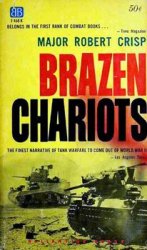Poet and musician
Born: c. 670-640 b. c.e. ; Colophon or Smyrna, Asia Minor (now in Turkey) Died: Date unknown; place unknown Category: Music; poetry; literature
Life All that has been surmised about Mimnermus (mihm-NUR-muhs) is derived from his poems and therefore, because of the impossibility of distinguishing life from art, is uncertain. Practicing his art in Colophon, Mimnermus was the first to write love poems in elegiac verse. He set his own poems to flute music and was celebrated for his melancholic melodies. He addresses a set of elegies to a girl named Nanno, who accompanied his recitations on the flute, but she is said to have rejected him. The most important theme in Mimnermus’s surviving poems is the detestation that a man faces because of old age, which renders him sexually unattractive. Among the themes in surviving fragments are various mythological subjects, the joys and pleasures of youth, the founding of Colophon, and a war between Smyrna and Lydia. He refers to an eclipse of the Sun, but it is uncertain whether the eclipse occurred in 648 or 585 b. c.e.
Influence Mimnermus had a steady following throughout antiquity, and both Greek and Roman poets pay tribute to him. Among his admirers are the Greek poet Callimachus, who praises him for the shortness of his poems, and the Roman poet Propertius, who says that in matters of love, Mimnermus was worthier than Homer.
Further Reading
Allen, A. The Fragments of Mimnermus: Text and Commentary. Stuttgart, Germany: F. Steiner, 1993.
Mimnermus
Podlecki, Anthony J. The Early Greek Poets and Their Times. Vancouver: University of British Columbia Press, 1984.
James A. Arieti
See also: Callimachus; Elegiac Poetry; Literature; Performing Arts.




 World History
World History









